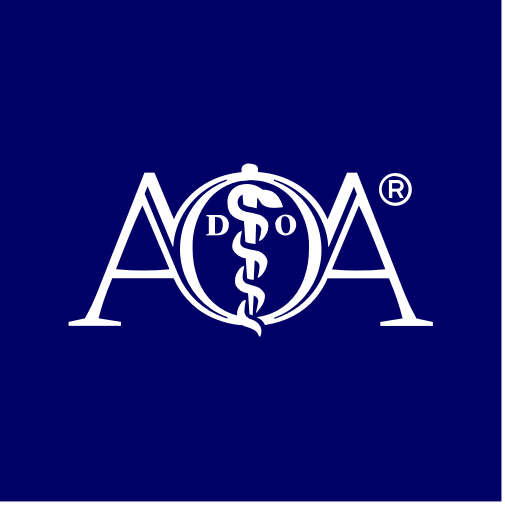
COURSE CREDITS & HOURS
16 AMA PRA Category 1 Credits™16 ACPE Credits
16.0 Contact Hours
COURSE FEES
TARGET AUDIENCE
PROGRAM PURPOSE
April Fitzgerald
- Adult Immunizations
- Advise patients on the latest vaccine recommendations for:
- Measles
- RSV
- Pneumococcus
- Shingles
- Find resources for vaccine recommendation updates
- Advise patients on the latest vaccine recommendations for:
- Endocrinology – Thyroid Cases
- Review presentations of hypothyroidism and hyperthyroidism
- Consider when (if at all) to order the following thyroid lab tests: TSH, Free T4, Free T3, Total T3, TPO Ab
- Discuss thyroid replacement options of levothyroxine vs combination therapy
- Consider when to refer to endocrinology
- Adult Screening – Colon and Breast
- Review the most recent guidelines for:
- Colorectal Cancer (CRC) Screening
- Breast Cancer Screening
- Review the most recent guidelines for:
- Adult Screening – Prostate and Cervix
- Changing strategies for prostate cancer screening
- Review Gleason Grade Groups
- Appreciate evolving guidelines and screening issues
- Discuss expanding role of MRI
- Updates in Cervical Cancer Screening
- Describe whatâs new in USPSTF recommendations
- Review risk stratification
- Discuss where to look for guidelines when results are abnormal
- Changing strategies for prostate cancer screening
- Primary Care – Tobacco Cessation and Lung Cancer Screening
- Discuss guidelines for tobacco cessation
- Review lung cancer screening
- Primary Care – Osteoporosis Screening and Treatment
- Review DXA guidelines and interpretation
- Examine treatment options
- Cardiovascular Risk Management
- List ways to reduce vascular risk
- Review specific recommendations around diet
- Describe the most recent lipid guidelines
- Identify when Coronary Artery Calcium (CAC) is appropriate
- Top Recent Articles
- Summarize recent articles
- Consider the implications for treatment
- Discuss how the findings impact medical practice
Jonathan Glauser
- The febrile infant: ongoing challenges and recommendations for evaluation
Fever is the second commonest presentation for children in the office setting, after well-child visits. Guidelines for the suggested management of the febrile infant have undergone changes over the years, tracking different organisms, immunization practices, and large clinical databases. This lecture will offer updates as to how to sort all of this out.
- Litigation problems related to emergency medicine
Malpractice suits and the fear of them are costly in terms of payouts, time, self-esteem for providers, and defensive medicine. This overview describes methods for risk mitigation, and defines specific aspects of emergency care which endangers practitioners and their patients.
- Toxicology Update 2025
The poisoned patient may present in myriad ways. The substances involved vary by time and location. This update names specific agents and identifies trends in street drugs and their abuse.
- Pain management and alternatives to opioids
The heroin and fentanyl crisis has been well-described in the news on a daily basis. The concept of an opioid-free emergency department has been described in some publications. That said, relief of pain is a sacred duty for all health care providers. This talk will recognize alternatives to opioids in the management of pain.
- Syncope evaluation and management
The patient who presents following a fall or loss of consciousness presents diagnostic challenges. Syncope is a common complaint, and suggested diagnostic guidelines vary by institution and by age. This discussion compares and contrasts guidelines and recommendations.
- Thyroid emergencies
Thyroid disorders are frequently found in the general population. Specific emergencies such as thyroid storm or myxedema coma are more infrequent. This update discusses the latest management and examines specific steps in the treatment of these life-threatening emergencies.
- Pediatric Gastrointestinal Emergencies
Gastrointestinal emergencies in the pediatric age group vary by age, and many are unusual and life-threatening. This lecture lists them by age of presentation, describes suggested diagnostic work-up, and demonstrates optimal therapy in the acute setting.
- Pediatric Trauma update
This will identify ways in which the management of trauma in children differs from the approach in adults. It will describe and differentiate the diagnostic approach to the injured child.











































